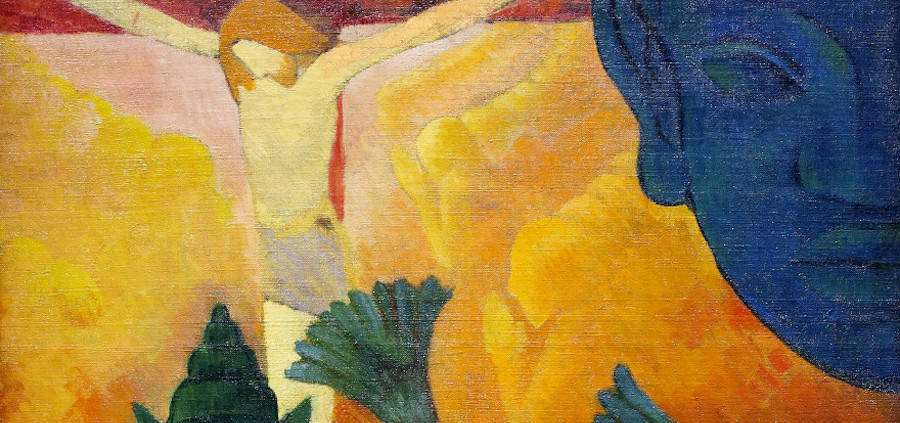Taking the Vow of Dialogue by Patrick Henry
I was delighted to arrive in mid-September over a decade ago at the Abbey of Gethsemani in Trappist, Kentucky, for a two-week silent retreat. Thomas Merton had spent 27 years here, and I had two weeks to live the life of the monk, read Merton’s works, and listen to many hours of tapes of him teaching the novices during the turbulent 1960s.
I discovered almost immediately, however, that you don’t leave the world behind when you enter the cloister. You continue to think deeply about the world’s problems. I resolved to learn what I could and not leave the monastery behind me when I reentered the world.
The monastery is a marginal community that can enlighten us about life outside its walls in the larger human community. Here, where silence is the rule but monks are always available when conversation is appropriate, one learns that speaking doesn’t break the vow of silence: the “anxiety to be heard” does. The monk listens to the voices of others and speaks to be spoken to. Paradoxically, in the silence of these halls, one grasps the absolute necessity of dialogue. Our political leaders should reject the monologue that power induces and take a vow of dialogue, because the solutions to the crucial problems confronting us are never accessible to any individual party or nation. They can only be worked out through give-and-take.
The contemplative urge has been manifest in all religious peoples for centuries: Christians, Buddhists, Hassidic mystics, Islamic Sufis, Hindu renunciants. Members of each of these groups have come to the Abbey of Gethsemani to partake of the contemplative life practiced here. Rather than being alone in solitude, one becomes aware, while dwelling within a particular tradition, of a unity of spiritual endeavor that encompasses all faith traditions, a universal commonality in which faith transcends dogma and brings together all believers. One recognizes the holiness of other religions and understands that religion is a means rather than an end in itself. Such an awareness underscores common aspirations and destinies and promotes dialogue and exchange, tolerance and interdependence. World peace will also necessitate a secular reading of the Christian view that “we are all members of one Body.”
One of the crucial principles of contemplative life in all traditions is that “compassion is proportionate to detachment.” To make progress in contemplation, to achieve inner peace, one must detach oneself from material, even spiritual, objects and from the fluctuating whims of one’s will. Doing this requires what Merton calls “heroic acts of self-denial.” This monastic lesson applies to our current dilemma which is predicated upon disproportionate attachment: our dependence on oil and the enormous percentage of the world’s natural resources that we consume. Only by detaching ourselves will we be able to practice the compassion that can regulate the economy, keep natural habitats of other species intact, and equitably share the world’s resources with the world’s people. The Trappists join their Buddhist counterparts by refusing to dispose of anything and by recycling everything, thereby transforming waste into flowers, hatred into understanding, anger into compassion, swords into ploughshares, and ourselves into sources of peace for others.
Monks have centuries of accumulated wisdom to offer us. All we have to do is interpret that wisdom to discover how essential it is to the resolution of our contemporary worldly problems. ♦
Patrick Henry is Cushing Eells Emeritus Professor of Philosophy and Literature at Whitman College in Walla Walla, Washington. With Mary Anne O’Neil, he is the translator of The Memoirs of André Trocmé: The Pastor Who Rescued Jews, which will be published by Plough Books in the fall of 2025. A version of this reflection was originally published as an op-ed in the Seattle Times in November 2008.





Leave a Reply
Want to join the discussion?Feel free to contribute!